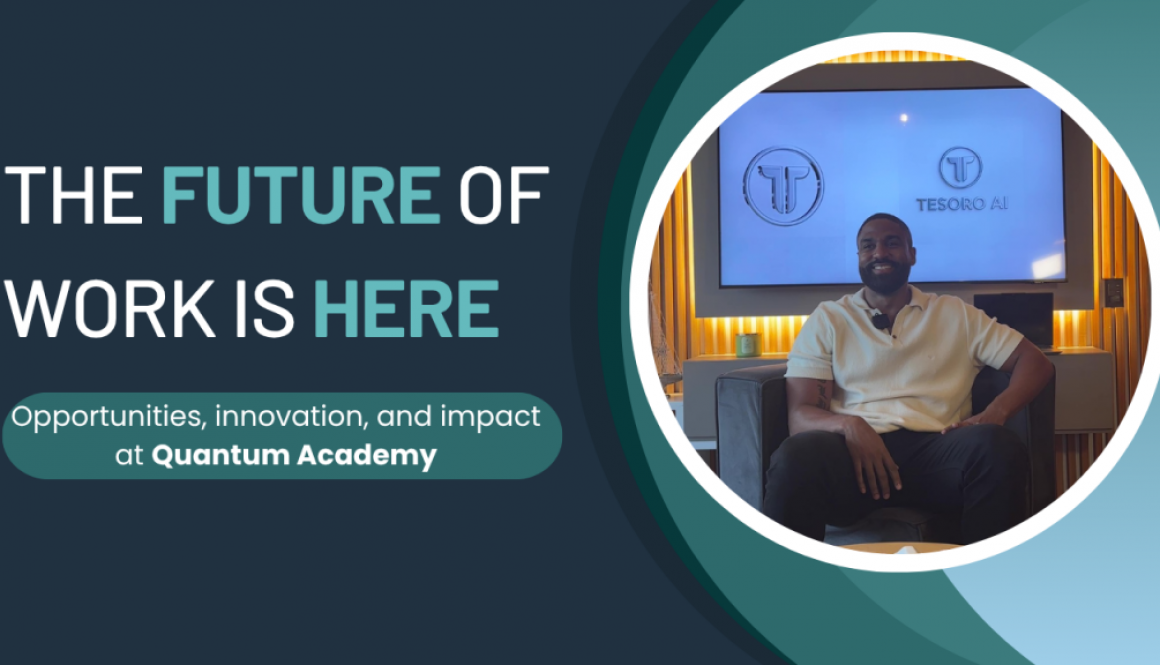A Nation on the Rise: Why Colombia Tech Week 2025 is the Most Important Tech Event in Latin America
The global technology landscape is turning its eyes to Latin America, and for two weeks this August, its focal point will be Colombia. From August 18-30, Colombia Tech Week 2025 will transform Bogotá and Medellín into a vibrant nexus of innovation, capital, and talent. Building on the breakout success of previous years, the 2025 edition is set to shatter records, with over 15,000 attendees, 300+ global investment funds, and an ambitious goal of mobilizing over $50 million for the region’s startups. For tech leaders, innovators, and investors, this is more than a conference, it’s a front-row seat to the future of a digital powerhouse.
The Evolution of a Tech Powerhouse
What began as a grassroots movement has evolved into a juggernaut. The leap from 11,000 attendees in 2024 to an expected 15,000+ this year is a testament to the unstoppable momentum of Colombia’s tech ecosystem. This growth isn’t just in numbers, but in scope. The event now spans two major cities and features a mature program designed to facilitate high-stakes investment, deep knowledge sharing, and invaluable cross-border connections.
The Titans of Tech and Capital: Who to Watch
The heart of any great event is its people, and Colombia Tech Week has attracted the best. This year’s speaker lineup features the architects of Latin America’s tech success. Expect to hear from visionaries like José Vélez, the founder of FinTech unicorn Bold; Simón Borrero, the co-founder and CEO of the continent-spanning super-app Rappi; Alfonso de los Ríos, founder of logistics leader Nowports; and Freddy Vega, the influential founder of the massive online learning platform Platzi.
Beyond the stage, the real power lies in the connections. Over 300 global investment funds will be present, with delegations from as far as the United Arab Emirates, all searching for the next breakout star. Their presence signals a clear message: the world is ready to invest in Colombian and Latin American innovation.
A Deeper Look at the Agenda: More Than Just Meetings
Forget endless panels in stuffy conference rooms. The 13-day agenda is a dynamic mix of over 200 events catering to every interest. The schedule includes:
- High-Stakes Investment Roundtables: Curated sessions connecting pre-vetted startups with active VCs.
- Hands-On Workshops: Deep dives into practical skills, from AI implementation to growth hacking.
- Strategic Networking: A host of experiences, from gastronomic tours to sports activities, designed to foster genuine relationships.
The crown jewel of this year’s agenda is the inaugural Colombia Tech Fest. Taking place on August 21 and 22 in Bogotá, this open-air festival will redefine the tech conference experience. With over 50 global speakers, dedicated AI and Web3 zones, and a vibrant festival atmosphere, it’s designed to spark creativity and collaboration.
Deep Dive: The Emerging Trends and Opportunities
Colombia Tech Week will be a microcosm of the key trends shaping our digital future.
- Artificial Intelligence: This will be the dominant conversation. With Colombia set to implement a national AI policy for 2025-2030, discussions will move past theory into the practicalities of governance, ethics, and, most importantly, talent. How do we build the teams capable of harnessing AI’s power responsibly?
- The FinTech Frontier: As a regional leader in financial technology, the event will explore the next wave of innovation. Topics will include the role of blockchain in finance, the expansion of credit access through new data models, and the ongoing battle for digital banking supremacy.
- Diversifying the Digital Economy: The conference will showcase the maturity of Colombia’s ecosystem beyond FinTech. Expect a strong presence from the SaaS, HealthTech, and EdTech sectors. These industries are not only solving critical regional challenges but are also building global-ready products, proving the depth and versatility of the local talent pool.
Tesoro AI at Colombia Tech Week: Leading the AI Talent Revolution
At Tesoro AI, we believe that world-changing ideas are powered by world-class teams. We are coming to Colombia Tech Week with a clear mission: to lead the conversation on building the elite AI talent required to fuel this wave of innovation. Our team will be on the ground to share our expertise in identifying, vetting, and assembling top-tier AI and machine learning teams. We will be hosting private roundtables for tech leaders and investors focused on scaling AI capabilities and mitigating talent risks.
The Future is Here
Colombia Tech Week 2025 is a declaration. It’s a statement that Latin America is not just a participant in the global tech economy, but a leader. For anyone serious about the future of technology, being there is non-negotiable.
Tesoro AI is ready to build the future with you. Let’s connect in Colombia.
References
- BBVA. (2025, July 16). Ten events where entrepreneurs and investors can connect before the end of 2025. BBVA Spark. Retrieved August 7, 2025, from https://www.bbvaspark.com/en/news/featured-events-entrepreneurial-ecosystem-2025/
- Colombia Tech Week. (n.d.). About the Innovation Ecosystem. Retrieved August 7, 2025, from https://www.colombiatechweek.co/about-us
- Colombia Tech Week. (n.d.). Colombia TechWeek | Eventos Tech en Bogotá y Medellín. Retrieved August 7, 2025, from https://www.colombiatechweek.co/
- Colombia Tech Week. (n.d.). Regístrate y vive la experiencia Tech. Retrieved August 7, 2025, from https://www.colombiatechweek.co/register
- Colombia Tech Week. (n.d.). Tech Fest old EN. Retrieved August 7, 2025, from https://www.colombiatechweek.co/es/tech-fest-old-en
- Colombia Tech Week. (n.d.). Tech Innovation & Networking Events. Retrieved August 7, 2025, from https://www.colombiatechweek.co/home-en
- Impresistem. (2025, June 26). Colombia Tech Week 2025: Tendencias, tecnología y todo lo que no te puedes perder. Retrieved August 7, 2025, from https://www.impresistem.com/es/blog/post/colombia-tech-week-2025-tendencias-tecnologia-y-todo-lo-que-no-te-puedes-perder_46.html?page_type=post
- LATAM Republic. (2025, April 16). Colombia aims for US$50M in investment at Tech Week 2025. Retrieved August 7, 2025, from https://www.latamrepublic.com/colombia-aims-for-us-50m-in-investment-at-tech-week-2025/
- LATAM Republic. (2025, June 23). Tech Fest 2025: two days of technology and networking in Bogotá and Medellín. Retrieved August 7, 2025, from https://www.latamrepublic.com/tech-fest-2025-two-days-of-technology-and-networking-in-bogota-and-medellin/
- Luma. (n.d.). Colombia Tech Week. Retrieved August 7, 2025, from https://lu.ma/user/coltechweek
- Radar Tecnológico. (2025, March 21). Llega Colombia Tech Week 2025: el mayor evento tecnológico de LATAM. Retrieved August 7, 2025, from https://radartecnologico.com/32085/innovacion/colombia-tech-week-2025-mayor-evento-tecnologico-latam/
- Yahoo Noticias. (2025, June 21). Estas son las fechas para el Tech Fest 2025, festival de tecnología en Colombia. Retrieved August 7, 2025, from https://es-us.noticias.yahoo.com/fechas-tech-fest-2025-festival-220000615.html










